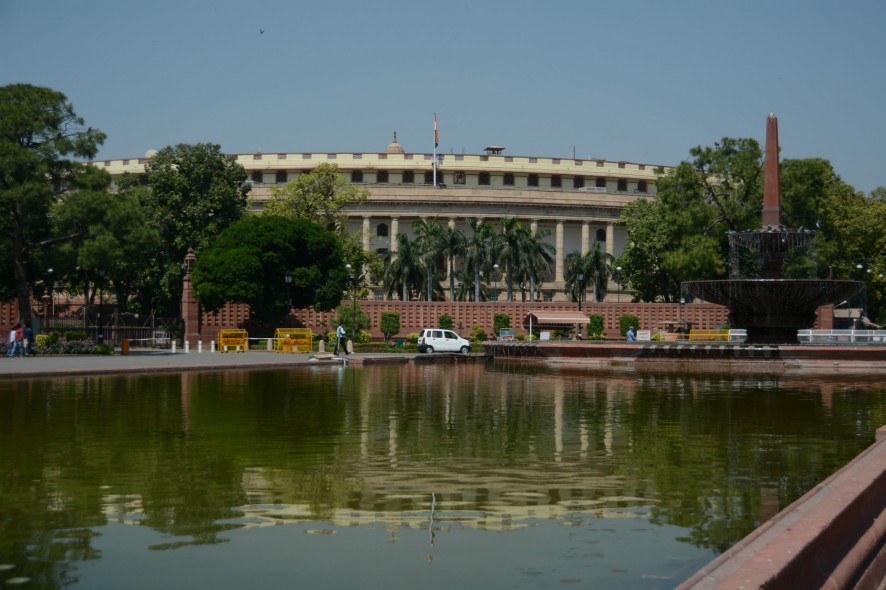As reported by PTI, Cabinet has approved the Code on Wages Bill which seeks to :
” subsume existing laws related to workers remuneration and enable the Centre to fix minimum wages for the entire country.”
The said Code would combine four labour laws — Payment of Wages Act, 1936, Minimum Wages Act, 1948, Payment of Bonus Act, 1965, and Equal Remuneration Act, 1976.
The wages code bill was introduced in the Lok Sabha on August 10, 2017. The bill was referred to the Parliamentary Standing Committee which submitted its report on December 18, 2018. However, the bill lapsed after 16th Lok Sabha dissolved in the month of May.
The bill provides that the central government will fix minimum wages for certain sectors, including railways and mines, while the states would be free to set minimum wages for other categories of employment.
The code also provides for setting up of a national minimum wage. The central government can set a separate minimum wage for different regions or states.
The draft law also says that the minimum wage would be revised every five years.
Ministry has taken steps for drafting four Labour Codes on Wages; Industrial Relations; Social Security; and Occupational Safety, Health and Working Conditions respectively, by simplifying, amalgamating and rationalizing the relevant provisions of the existing Central Labour Laws. The 4 Labour Codes contain provisions relating to wage, social security, safety, health and grievance redressal mechanism for workers. These initiatives are expected to provide wage security, social security, occupational safety and decent working conditions to the workers. However, there is no proposal at present to dismantle and merge of Employees’ State Insurance Corporation (ESIC), Employees Provident Fund Organization (EPFO) with other central schemes and privatization of social security fund.
The process of Legislative reforms on Labour includes consultation with stakeholders including Central Trade Unions, Employers’ Associations and State Governments in the form of tripartite consultation. Besides, the draft Labour Codes were also placed on the website of the Ministry, seeking comments/suggestions from all stakeholders including the general public. The draft legislations are finalised after considering comments/suggestions received from various stakeholders.
The proposed labour reforms initiatives will reduce the complexity in compliance due to a multiplicity of labour laws and facilitate setting up of enterprises and thus creating the environment for the development of business and industry in the country and generating employment opportunities without diluting basic aspects of safety, security and health of workers.
Ministry of Labour and Employment
[Source: PTI]




Whether it applies to Teachers , Lecturers and Non Teaching staff working in Private Schools and colleges.??
The fiction story book THE RATS RETALIATION by Svelnr clearly explains the specimen of private schools and college Teachers.